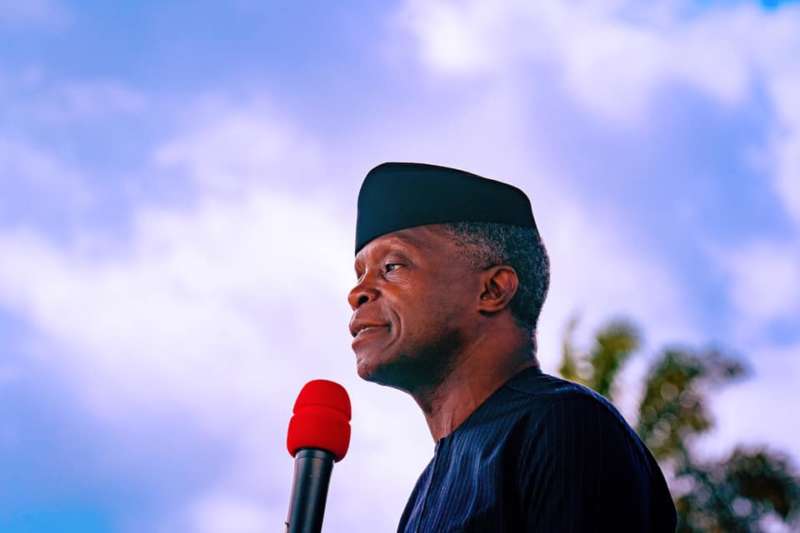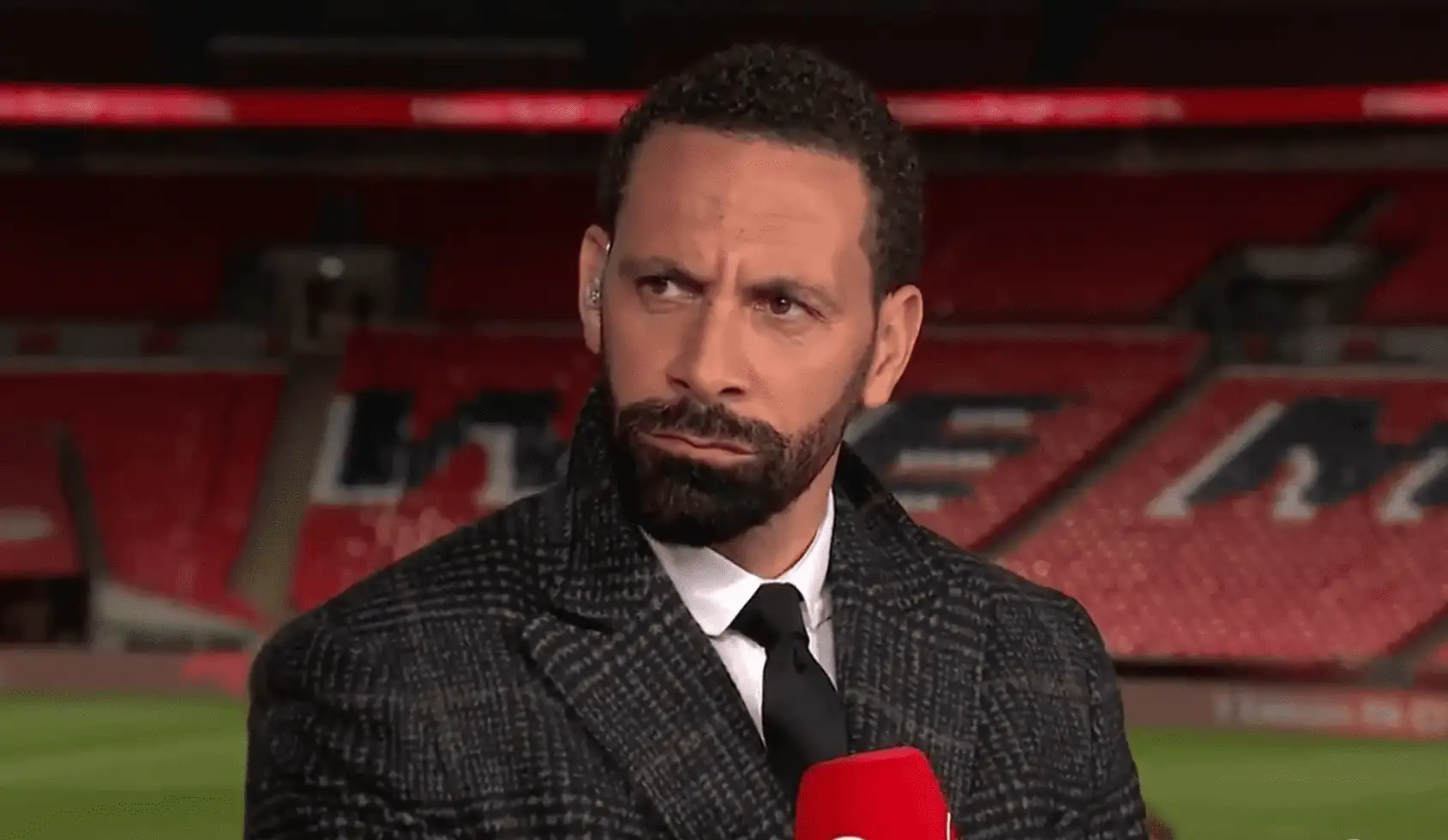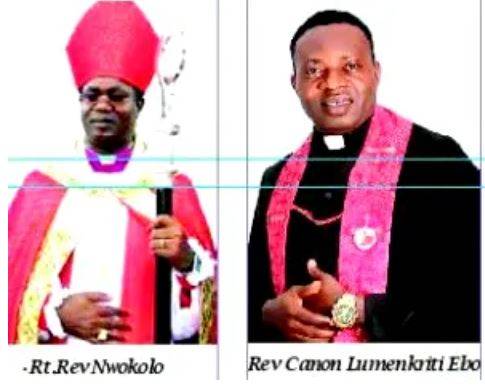VP Osinbajo: I’m optimistic about the country’s future, potentials of young Nigerians

With the energy of the youth, the resilience of the private sector combined with governments implementing the right policies, Nigeria will make the desired progress despite the challenges in the economy, Vice President Yemi Osinbajo, has said.
Osinbajo said this on Tuesday while rounding up his thoughts during an interaction at the closing of the 27th Nigerian Economic Summit in Abuja (NES #27) themed: Securing Our Future, the Fierce Urgency of Now.
According to the Vice President who also praised the strong will of the average Nigerian, “we can see that there is a will to do things, there is energy, resilience, resourcefulness. My take is that this country is one that is waiting to happen and it will happen. It will take all of our resources, and all of our effort to make it happen, and it will happen.”
He noted that “We must focus on what this country offers in terms of all the resources that we have, human, natural and everything that we have – the will, the energy, the innovativeness of the Nigerian.
“This sort of country, a country with all that we have, can simply not fail, and it is only a matter of getting things right and moving a few things around, and we will be well on the way to the kind of progress that we ought to experience as a country.”
Osinbajo explained that despite the limitations caused by the COVID-19 pandemic among other challenges, the government was working hard to address defects in the system, and noted that recent results were indicative of recovery across different sectors of the economy.
His words: “I believe very strongly that all of the great ideas that we have, the young people waiting to unleash their energy and resourcefulness on the world, all of those are just waiting to happen.
“I believe very strongly that this country affords us the opportunity and the space to be able to achieve great things. We should keep our focus.”
He further noted that the Buhari administration was ramping up efforts in different sectors to improve development and the economy.
While urging state governments to do more, especially in the area of education, the VP stated that “We must emphasize Science, Technology, Engineering, Arts and Maths (STEAM). This is an area where a curriculum is being redeveloped to accommodate that.
“It is important to note that basic education – primary and secondary education are under the control of the states. Federal Government does not handle primary or secondary education. Yes, we do have some unity schools, but these things are really the business of the states.”
Citing the work being done by the National Economic Council in developing the country’s human capital, the VP said, “At the level of the NEC, which I have the privilege of chairing, one of the things that we have tried to do with the whole human capital development space, we have a whole dashboard where we are looking at performances in the states.
“What the Federal Government tries to do is set the standards and then support in whatever way possible. But it is a huge enterprise and we are also finding a lot of entrepreneurial activities around it. We must just keep our focus on what we need to do namely, the curricular and teacher training.”
The Vice President added that with regards to the 4th Industrial revolution, Nigeria “is in a good place leveraging technology and the creativity of the youth”, but noted that a lot could be done to achieve more results.
“We have the best advantage which is that we have young people, the majority of our population over 60 per cent are under 25, they are energetic, creative and are ready to go. What we need to do is to see how we can support them, access to capital, training, and all of that,” he said.
Commending the contributions of the private sector, the VP noted that “the private sector in Nigeria (in terms of resilience and coping with challenges), has done very well, with what we have learned, even coping with the post-pandemic issues (business after the pandemic), the private sector has done well.”
“For example, transport went down 49%, and now they are back with 77%. The construction sector went down by almost 40%, and has returned to a much more modest positive,” Prof. Osinbajo explained.
On Climate Change, the VP said Nigeria’s position must be re-echoed at all forums of negotiations, and that the emphasis should be on fairness, justice in the transition from gas.
At the closing event of the 27th Nigerian Economic Summit, the Vice President engaged in a “Conversation” with Mr Kyari Bukar, a Director of the NESG, and Mrs Chichi Aniagolu-Okoye, the Country Director of the Ford Foundation in Nigeria.
TodayNG
editor's pick
latest video
news via inbox
Nulla turp dis cursus. Integer liberos euismod pretium faucibua




